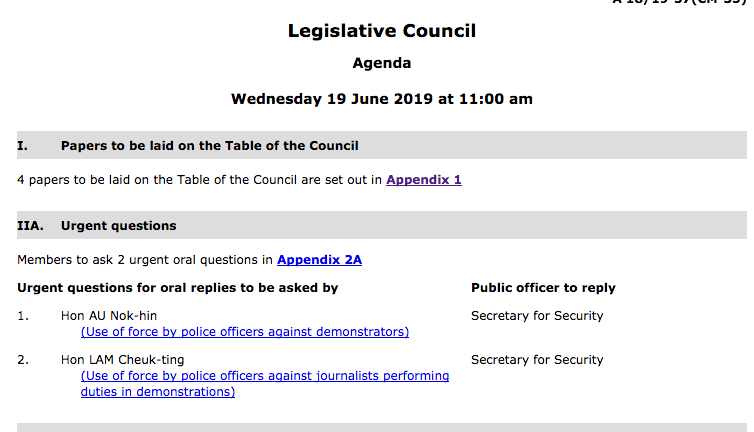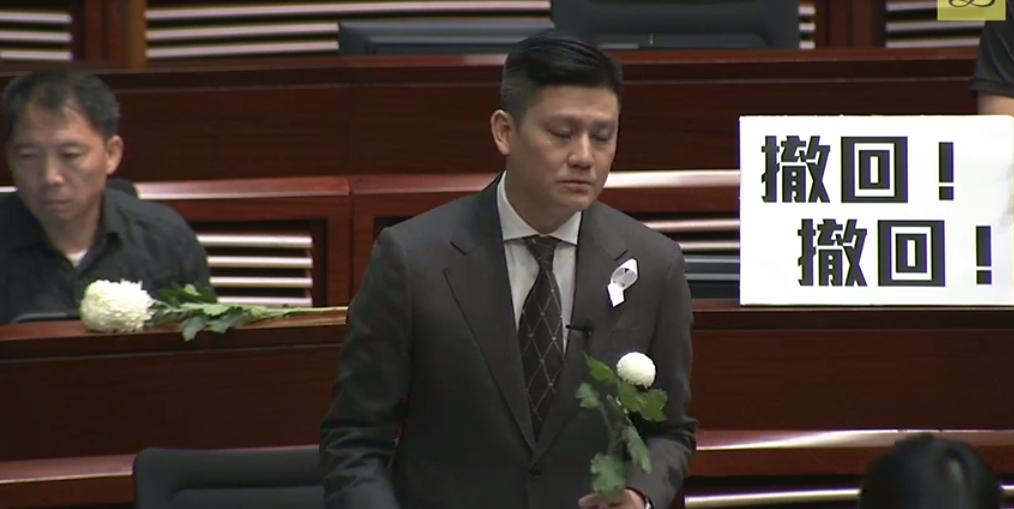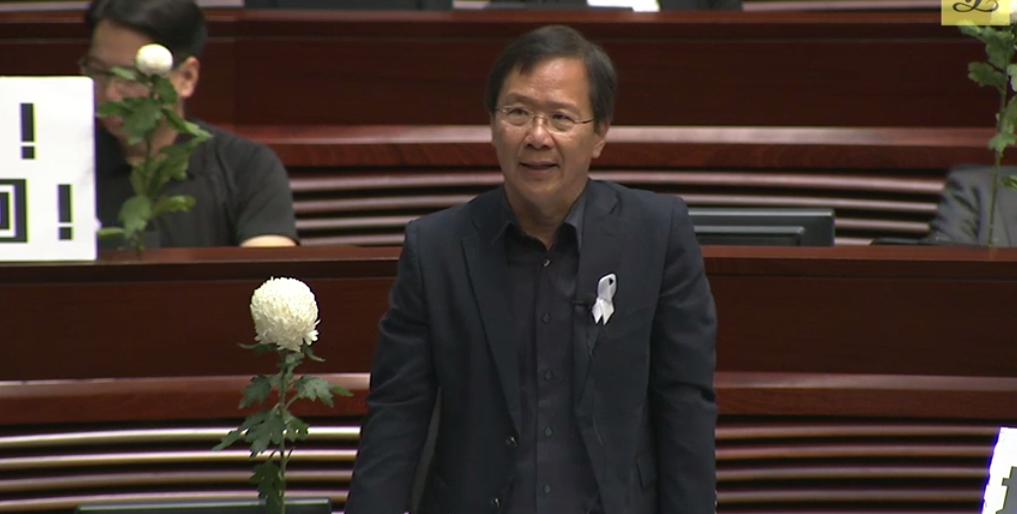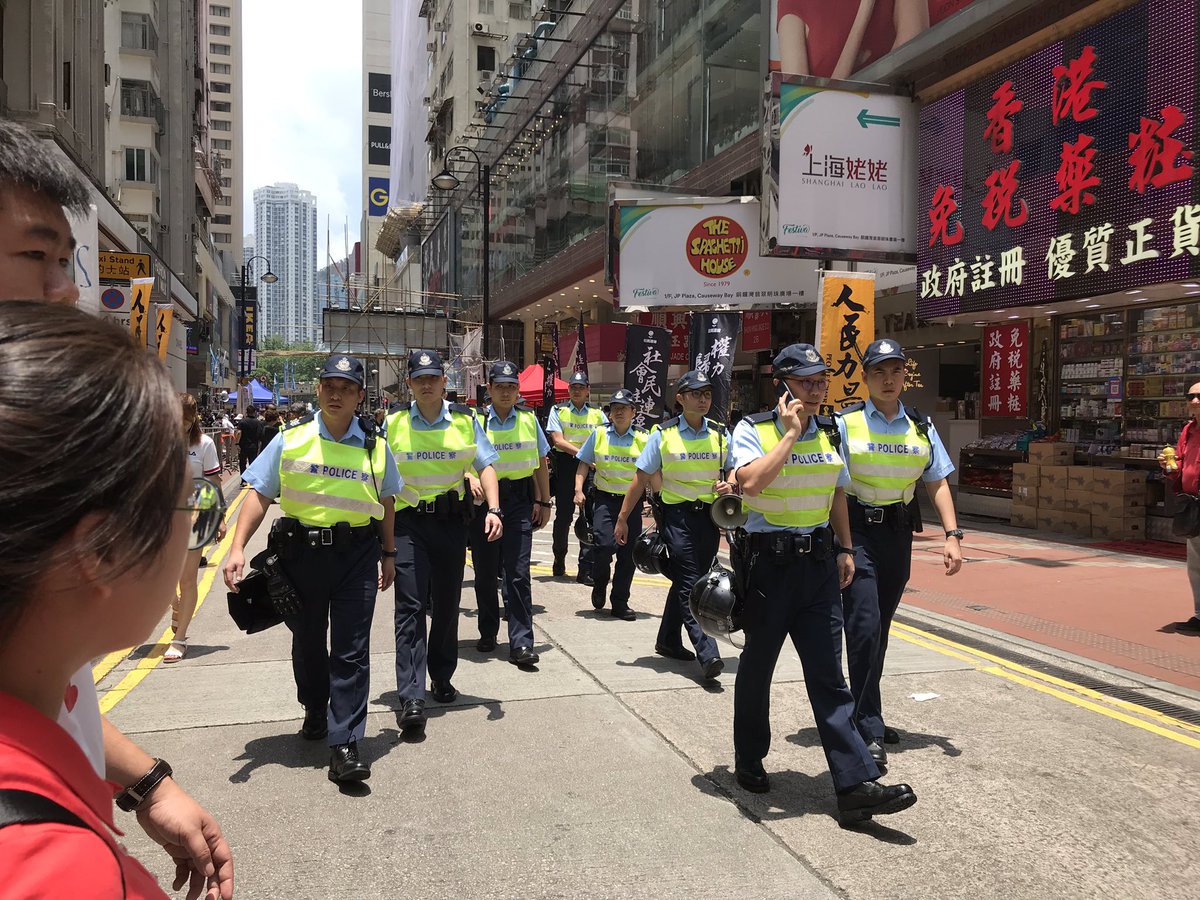Three stories:
On Xi’s orders: Reuters reported that Carrie Lam, the chief executive of HK, said she has caused “unforgivable havoc” & would quit if she had a choice. She has “very limited” room to resolve things as Beijing is calling the shots.
Have a great week!
The Ambassador’s Brief Editors











